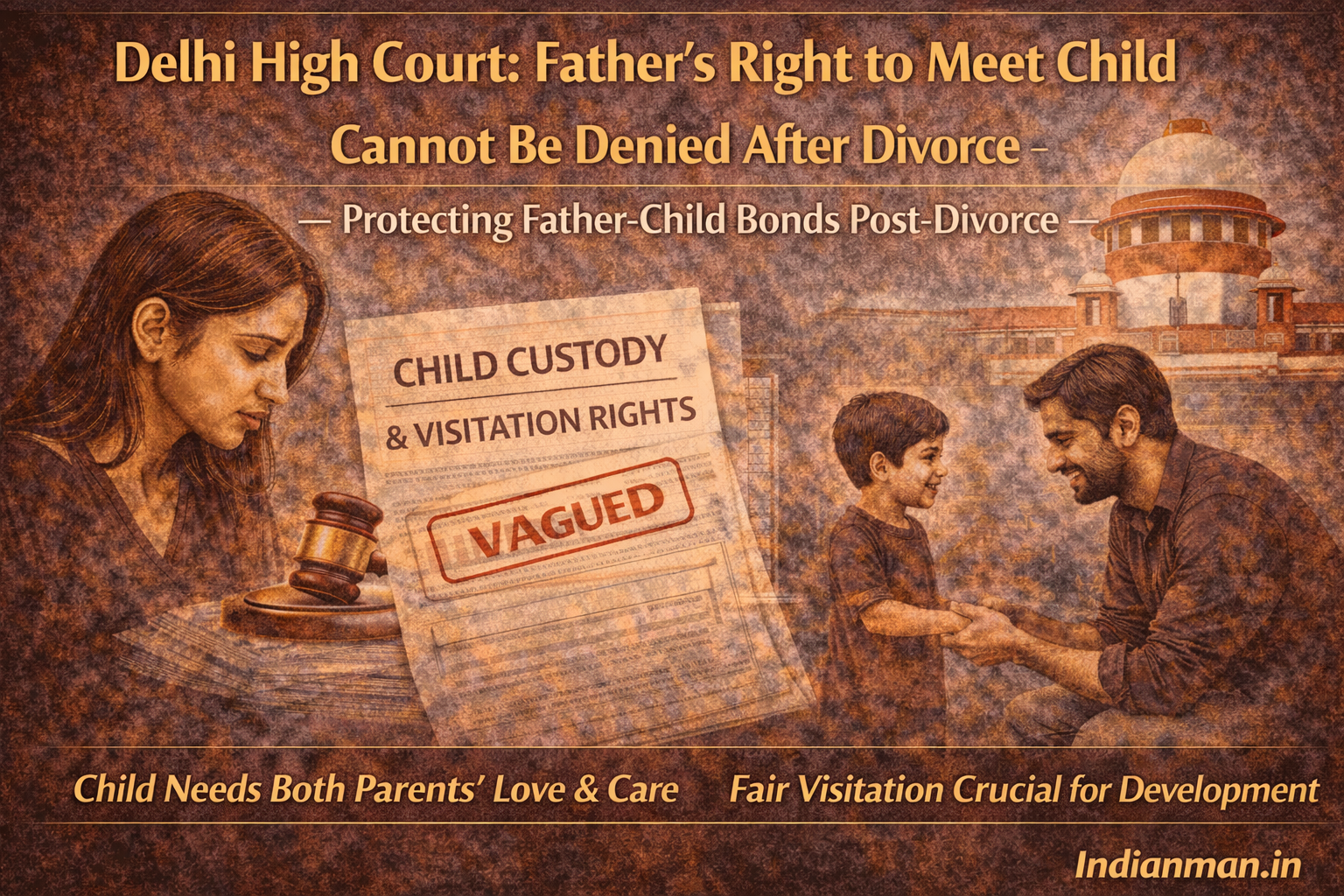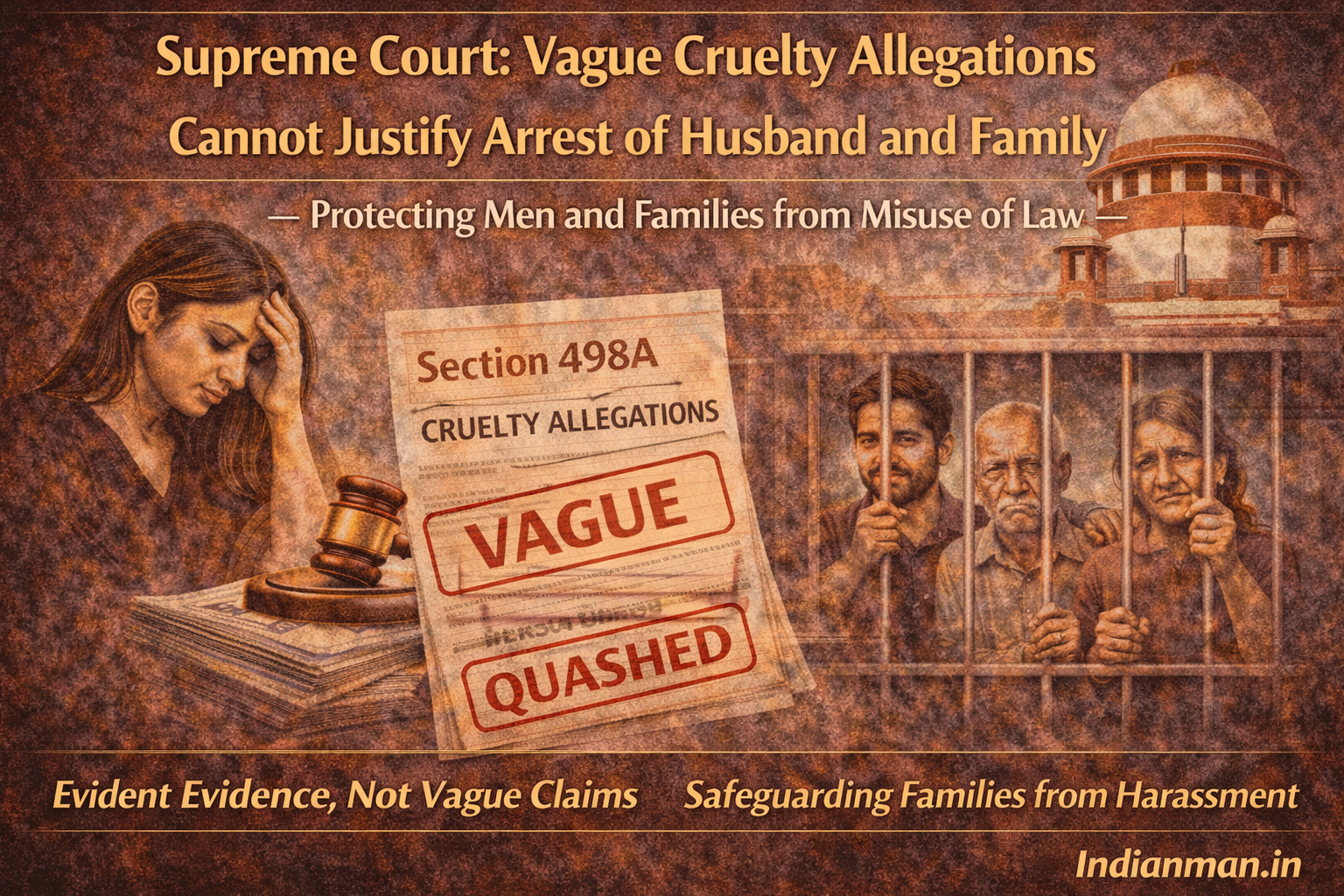The Supreme Court of India has ruled that a spouse can seek divorce under the Hindu Marriage Act if the order for restitution of conjugal rights is not obeyed for at least one year.
The ruling came in a case where a man claimed that his wife had deserted him since 2008 and refused to comply with a 2013 family court order directing her to resume marital life with him.
The bench observed:
“This is a case of complete breakdown of marriage for the last 16 years and more.”
Case Background
- The couple married in March 1999.
- Following marital disputes in 2006, the husband filed a plea for restitution of conjugal rights in 2008, which was allowed by a family court in May 2013.
- His wife was ordered to resume cohabitation within three months but refused.
- The husband then filed a divorce petition, which was granted by a family court.
- In 2019, the Punjab and Haryana High Court set aside the divorce decree.
- The husband approached the Supreme Court, which initially referred the matter to mediation, but no settlement was reached.
On July 8, 2025, the apex court allowed the divorce, noting that the marriage had irretrievably broken down.
Alimony Settlement
The court also recorded the husband’s offer to pay his estranged wife ₹30 lakhs as one-time alimony. It directed that a decree of divorce be drawn once proof of payment was filed.
This judgment reinforces the principle that when a conjugal rights order remains unfulfilled for more than a year, it provides valid grounds for divorce under the Hindu Marriage Act.
Be a part our social media community:
Facebook: https://www.facebook.com/IndianMan.in?mibextid=ZbWKwL
Instagram:
https://www.instagram.com/indianman.in?igsh=MWZ2N3N0ZmpwM3l3cw==




